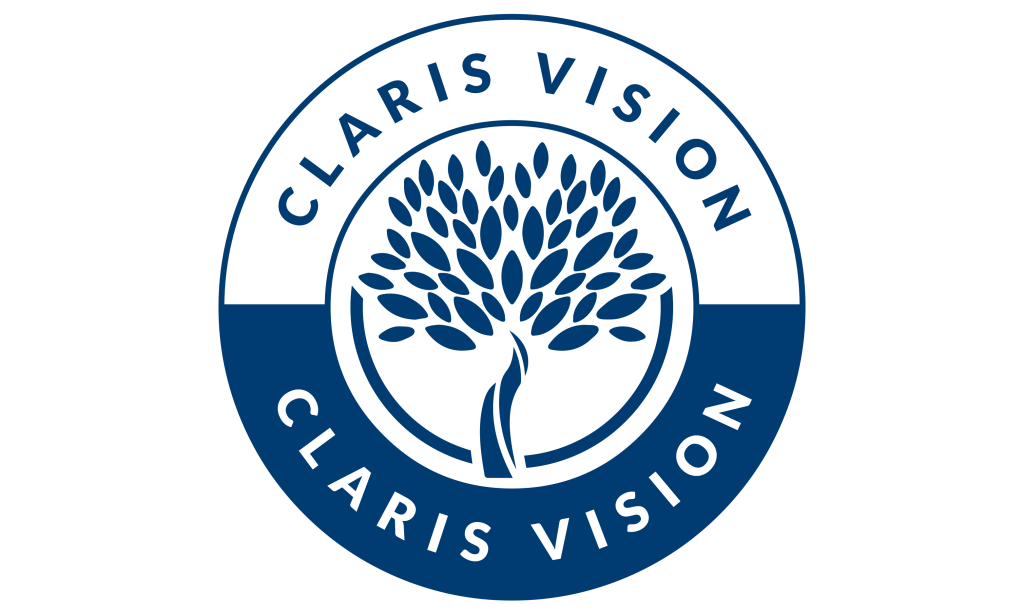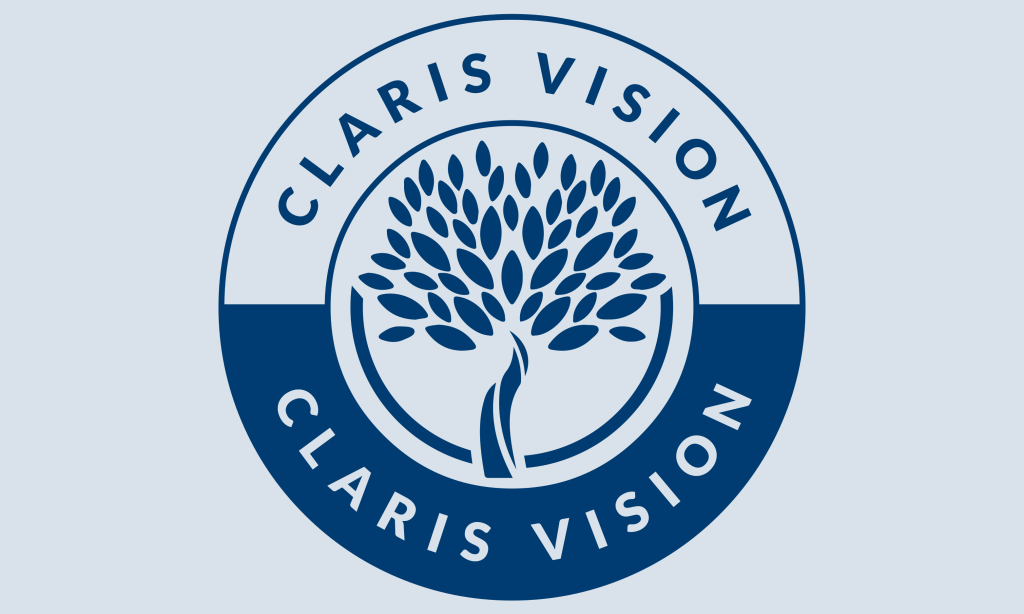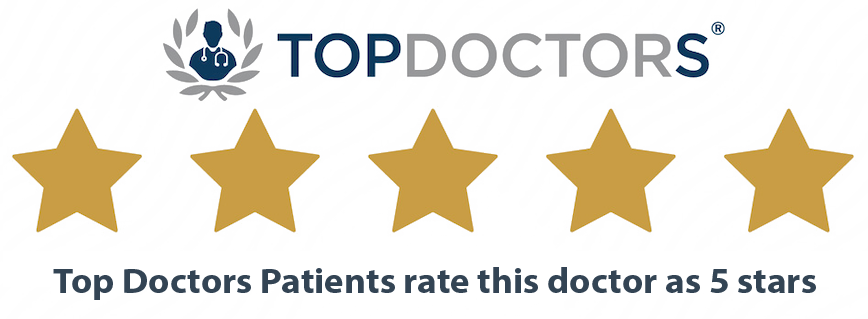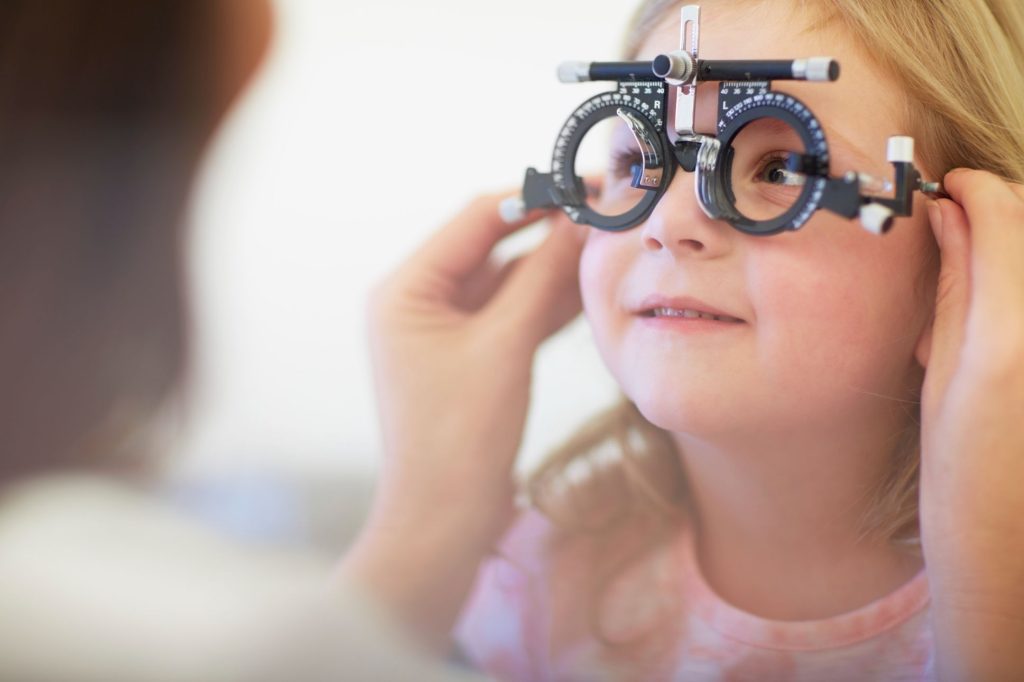New parents are usually in close contact with their health visitor and GP to ensure that their baby is healthy. This is the perfect opportunity to report any signs of suspicious or abnormal behaviour which may be indicative of a health issue. The same applies to eye conditions. Babies, toddlers and children will not be able to say that their vision is blurred, but atypical patterns in behaviour may suggest an abnormality with their eyes or visual development.
What are the signs that your child may not be able to see clearly?
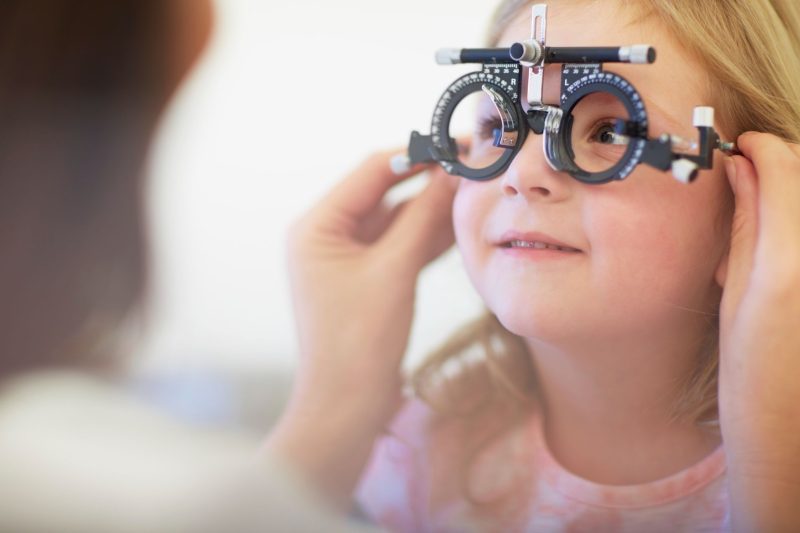
Depending on the age of the child, the signs you should be looking for vary. If you notice your baby doing any of the following, you should consult your GP or paediatrician.
- Babies may fail to engage in eye contact with family and friends by the end of their second month.
- Babies do not follow the movement of a familiar face or object by the end of their third month.
- Babies do not respond to lighting changes by the end of their second month, for example when the lights in their room get suddenly turned on or off.
- Their eyes may move in unexpected ways; they may move from side to side or jerk without any apparent reason.
If you have an older child, you should be mindful of the following symptoms.
- They rub their eyes frequently.
- They bring objects too close to their face.
- They sit too close to the TV.
- They are clumsy and bump into things.
- They get easily tired from doing activities that require them to concentrate on specific tasks, such as reading or drawing.
What are some common eye conditions in young children?
- Astigmatism: your child may be experiencing blurred vision for both distance and near and may benefit from wearing glasses.
- Hyperopia or long-sightedness: your child may have difficulty in or may find it tiring looking at objects that are close to them; he or she may benefit from glasses.
- Myopia or short-sightedness: your child may be experiencing blurred vision for distance and benefit from wearing glasses.
- Amblyopia or Lazy Eye: in this condition one eye does not fully develop to its best potential, which can lead to permanently reduced vision. The most common causes are astigmatism and long-sightedness.
- Nystagmus or ‘wobbling’ Eyes: Eyes make repetitive movements of their own accord. If you notice any such movements or have concerns please contact your GP.
- Cataract: This is an eye condition that develops as people get older, but sometimes newborns or young children can develop a cloudy lens as well. A newborn screening test is normally carried out within 72 hours of birth and again at the age of 6-8 weeks. In addition to affecting the vision, congenital or childhood cataract can also result in nystagmus or ‘wobbling’ eyes. If you have any such concerns for your child please contact your GP.
What causes such eye conditions?
There is a number of reasons why your child may develop any of the above conditions. Refractive errors such as astigmatism, long-sightedness or short-sightedness may have a genetic familial cause or be caused by environmental stimuli such as excessive reading with infrequent breaks. Childhood cataract can be genetic in cause, associated with other health problems or maternal infection during pregnancy such as rubella and chickenpox.
What can parents do if they have any concerns?

If you notice any of the above symptoms or have concerns that your child is not seeing well, please contact your GP. Your GP will be able to direct you to the appropriate service. If a congenital or childhood cataract is suspected, a referral to your local hospital will be made. If a refractive error such as astigmatism or short-sightedness is suspected, an initial visit to the optician would be appropriate.
If you are interested in learning more about how to improve your vision, you should visit the pages related to refractive lens replacement and other laser eye surgery services on our website. Alternatively, do not hesitate to book an appointment by filling in the form on our contact page or by calling 02381 812281.
